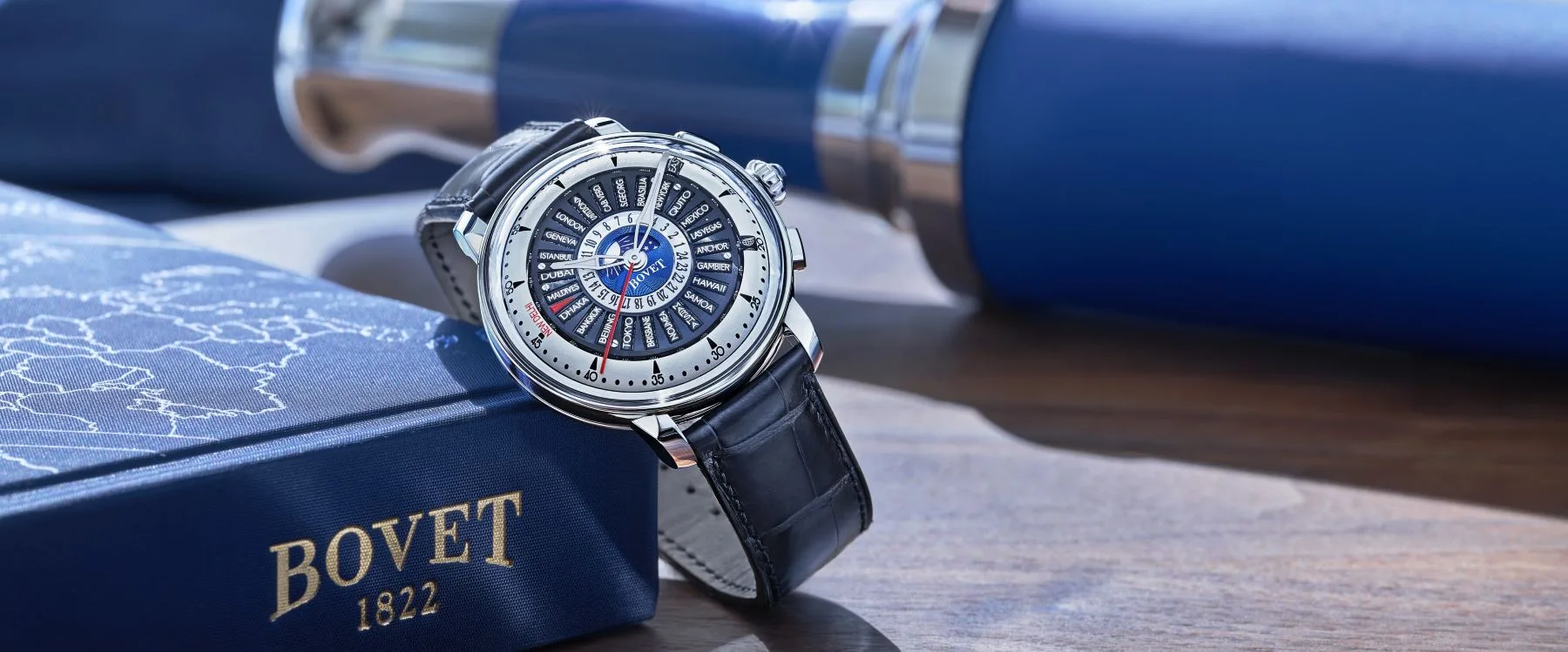By Tim Hayes, founder of Peach
We humans are clever; brilliant at finding ways to be unhealthy and even better at avoiding ways to change. We all know the usual suspects but, are we aware of how work travel could be causing a lot of damage to our health? Upgraded to business class – downgraded to flabby.
Let’s start with those trays of reheated processed food and those tiny bottles of booze served up mid-flight. Not exactly a balanced diet, is it? Poor nutrition, combined with a general increase in alcohol and the lack of exercise while travelling, mean frequent travellers present a higher risk of obesity. That frequent flyer fat can increase the risk of type 2 diabetes and heart disease. And we haven’t even mentioned hotel room service and the mini bar.
All that jumping between time zones can age us too. Scott Cohen, from the University of Surrey’s School of Hospitality and Tourism claims that flyer fatigue and jet leg disrupts gene expression that influences ageing, speeding up the process faster than Concorde, while weakening the immune system.

Cohen’s research also confirmed what we’ve all suspected for quite some time: breathing in the same re-circulated air for hours at a time, exposes business travellers to more airborne viruses and bacteria than your average person. When we add the general lethargy associated with running to and from office to airport lounges, our ability to fight off these germs is firmly back in economy class.
Before moving on to the good news, I am afraid I have a little more of the bad ones. Travelling is a lonely business. Days and weeks away from our families, friends and routine can also impact our mental wellbeing. Back to back meetings, stress and anxiety can often leave frequent flyers feeling isolated and depressed.
There are of course, lots of ways you can decrease the negative and ageing effect of the air miles racked up by your body. The easier ones to follow are:
Pack your gym kit
This may seem fairly obvious but a pair of trainers in your carry on will encourage you to keep in shape while away in business trips.
Workout in the morning
Plan your diary with 20 minutes allocated in the morning to go through a simple routine in your hotel room. You’ll feel energised, de-stressed and ready to take on those client meetings.
Laptops aren’t just for PowerPoints
If you are too busy to even think about a routine then get the hotel wifi code and search for quick workouts on Youtube. A set of abs is a great duty-free souvenir from any trip.
Find a hotel with a gym
Do your research and book accommodation that has a gym. If you can’t, then taking the stairs to your room instead of the lift is a good start.
 Book a trainer
Book a trainer
Peach is an app that connects busy people in London to elite personal trainers. Like the Uber of fitness, they’ll come to you at your hotel, gym, office, or meet you at a local park and train you according to your specific mood and level of fitness. When we have busy schedules it’s easy to quit. They key thing to remember is to stay moving. Even if it’s just a walk around the block, or getting the lift to the bottom of your hotel and walking back to the top; business people are natural problem solvers, so wherever you are, for however long, create your own gym and make a contract with yourself to keep mobile. You and your body are in it for the long haul.
Whether putting in a 9 to 5 at the office or working remotely, it is proven that people who exercise on work days are more productive, happier and suffer less stress. Researchers at the University of Bristol found that employees who enjoyed a workout before going to work, or got the lunges in on their lunch break, were better equipped to handle whatever the day threw at them.
That time to sweat out the stress is something employers should take more seriously according to the Centre for Economic and Business Research (CEBR). They reckon that, while the easily tracked scourge of absenteeism costs the UK economy around £18bn annually in lost productivity, it’s nastier, stealthier sister presenteeism could be even worse. Presenteeism, that is, employees staying late, working longer hours, often just to save face (you know the type) could negatively impact productivity somewhere from two to seven times as much as absenteeism, per person per year. Hanna Leahy, wellness business development manager at Sheffield Hallam University likens the issue to an iceberg: “Absenteeism sits at the top, where it’s fully visible and easily measurable. But there’s a huge hidden cost just below the surface that can’t be seen or quantified,” she claims.

However, while presenteeism might be hard to detect, it can also be alleviated – just like absenteeism – by improving employee wellness and health. More and more employers are taking steps, including offering mental health days on top of usual paid leave, offering corporate gym memberships and providing in-office yoga classes.
“All the underpinning science shows that productivity is related to health levels,” says Leahy, “by investing in employee health and wellbeing, employers will see a ROI in reduced absenteeism and presenteeism. The only question is to how to deliver the physical activities – as one size does not fit all and people’s needs and abilities are different.”
About Tim Hayes
Tim Hayes, founder of Peach, has run multiple successful personal training companies globally. He has extensive experience in coaching other trainers and, over the years, has worked with athletes, Royals, presidential families and a number of leading model agencies.
www.getpeach.com

















Show Comments +